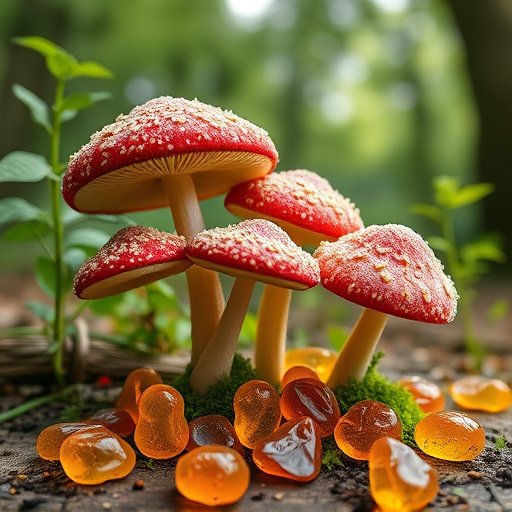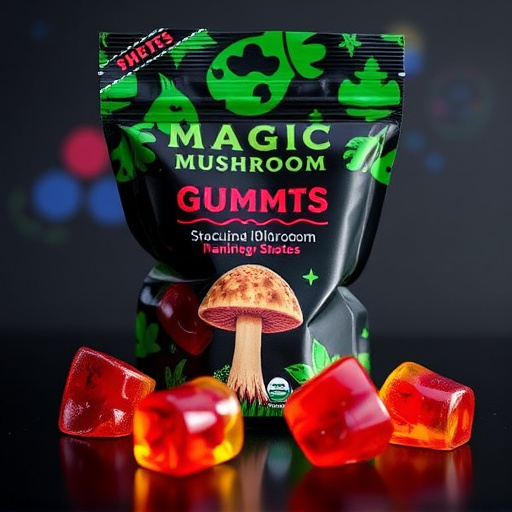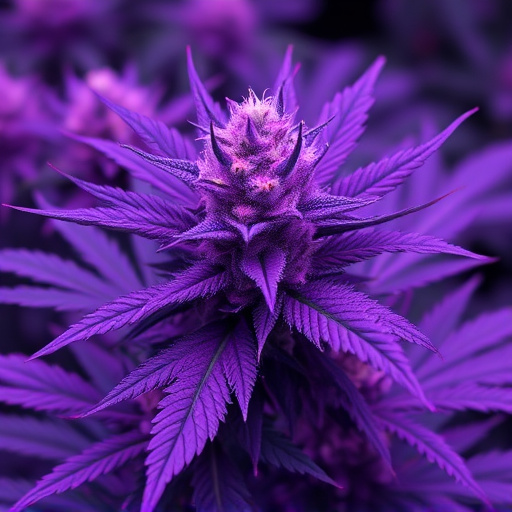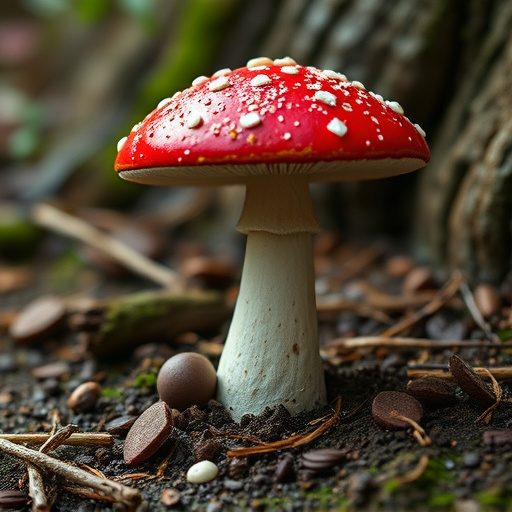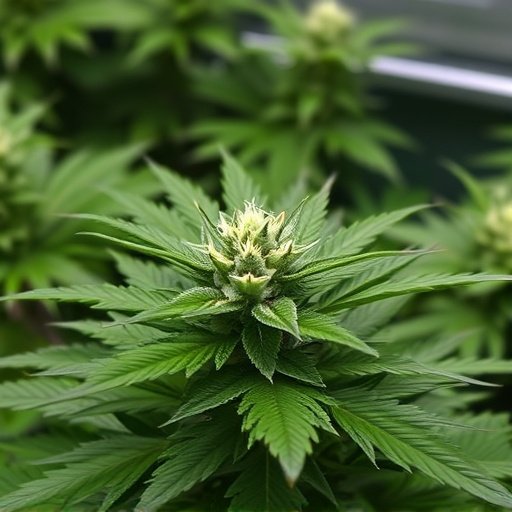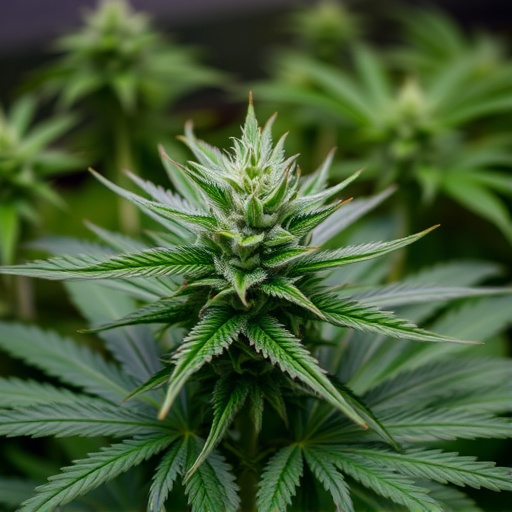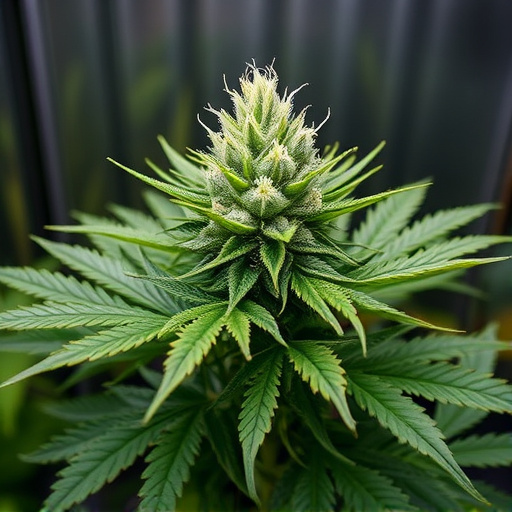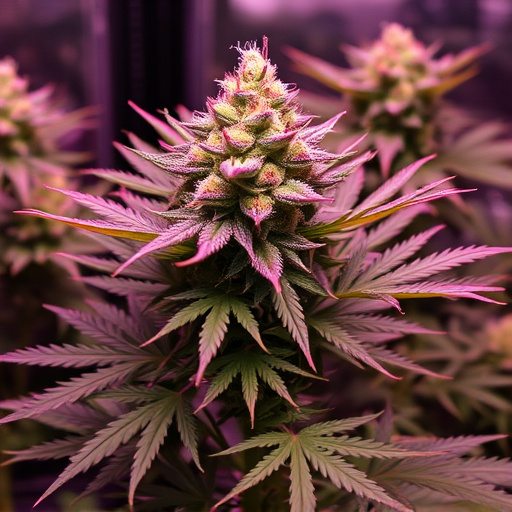The easiest cannabis strains to grow offer cultivators control over cannabinoid and terpene profiles, enabling tailored selection for specific needs like stress relief or relaxation. High CBD, low THC strains, such as 'Lemon Balm', 'Chill Out', and 'Granddaddy Purple', are accessible for beginners seeking calming effects without intense euphoria. Growing these requires proper sunlight/lighting, well-draining soil, consistent watering, and minimal pest management.
Cannabis flower’s impact on mood and emotions has sparked curiosity and debate. This natural compound, rich in diverse chemicals, can influence our psychological state. Understanding how specific cannabinoids interact with our endocannabinoid system is key to unlocking its therapeutic potential. From THC’s well-documented effects to CBD’s calming attributes, this article explores the science behind cannabis and emotion regulation, delving into the easiest cannabis strains to grow for their promising therapeutic benefits.
- Understanding Cannabis Compounds and Their Impact on Mood
- The Science Behind Cannabis and Emotion Regulation
- Easiest Cannabis Strains to Grow for Potential Therapeutic Benefits
Understanding Cannabis Compounds and Their Impact on Mood
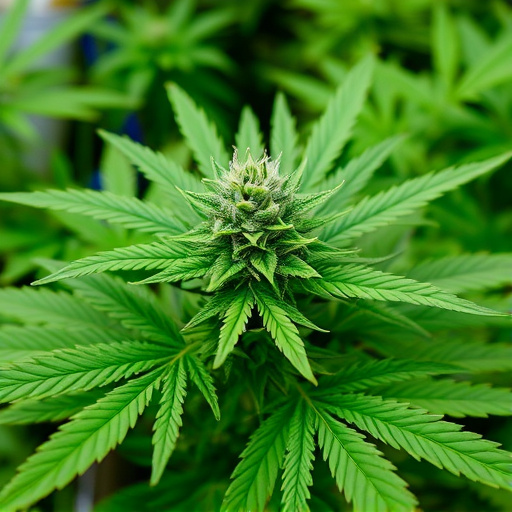
Cannabis flowers contain a complex mixture of compounds, including cannabinoids and terpenes, which are responsible for their diverse effects on mood and emotions. Cannabinoids like THC (tetrahydrocannabinol) interact with our endocannabinoid system, influencing neurotransmitters that regulate mood, appetite, memory, and perception of pain. Terpenes, on the other hand, contribute to the unique aroma and flavor profiles of different cannabis strains, offering additional therapeutic benefits or potential mood enhancements.
Growing your own easiest cannabis strains can provide a convenient access to these compounds and allow for precise control over environmental factors that impact their production. By understanding the specific cannabinoid and terpene profiles of various strains, cultivators and users alike can make informed decisions about which varieties best suit their needs, whether it’s alleviating stress, improving mood, or achieving a sense of relaxation.
The Science Behind Cannabis and Emotion Regulation
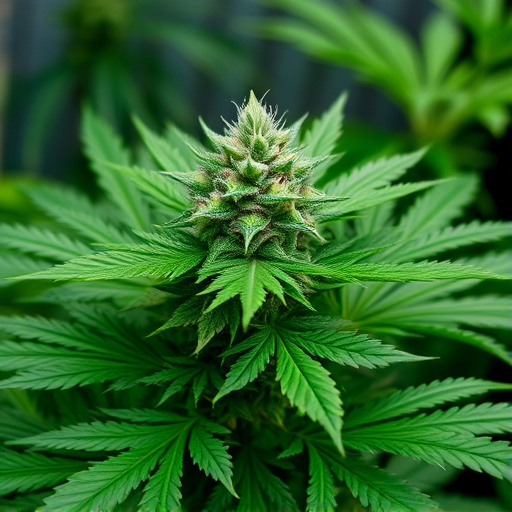
The science behind cannabis and emotion regulation is complex, with ongoing research uncovering the plant’s intricate interaction with our bodies’ endocannabinoid systems. Cannabis flowers contain various chemical compounds, notably tetrahydrocannabinol (THC) and cannabidiol (CBD), that bind to receptors in the brain, influencing mood, memory, and perception. While THC is known for its psychoactive effects, triggering feelings of euphoria or anxiety, CBD has gained attention for its potential therapeutic benefits, including its role in regulating emotions.
Among the easiest cannabis strains to grow, those with higher CBD content relative to THC have been studied extensively for their emotional impacts. These strains may offer a more balanced experience, potentially reducing anxiety and promoting relaxation without the potent psychotropic effects. By understanding the science behind these interactions, cultivators can breed and select strains that cater to specific needs, providing individuals with cannabis options that support positive emotional well-being.
Easiest Cannabis Strains to Grow for Potential Therapeutic Benefits
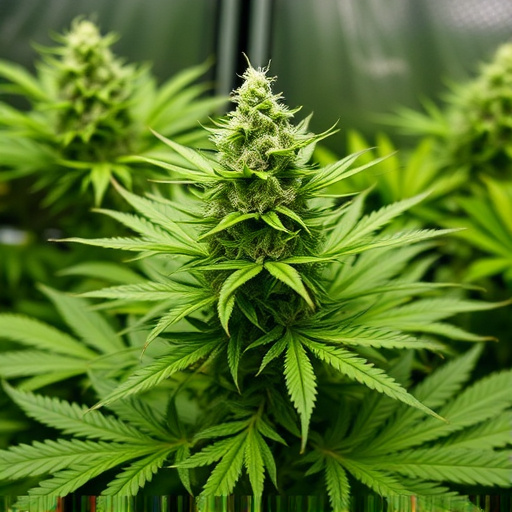
For those interested in cultivating cannabis for its potential therapeutic benefits, choosing the right strain is key. Among the easiest cannabis strains to grow are those known for their high CBD (cannabidiol) content and low THC (tetrahydrocannabinol) levels. These strains offer a calmer, more relaxing experience without the intense euphoria associated with higher THC varieties. Examples include ‘Lemon Balm’, ‘Chill Out’, and ‘Granddaddy Purple’—all renowned for their soothing properties that can aid in managing stress, anxiety, and sleep disorders.
Growing these strains is relatively straightforward, making them ideal for beginners. They typically require ample sunlight or artificial lighting, well-draining soil, and consistent watering. Their resilience to common pests and diseases further simplifies the cultivation process. With proper care, these easy-to-grow cannabis strains can provide a steady supply of herbal remedies that promote mental and emotional wellness.
Cannabis’ impact on mood and emotions is a complex interplay of various compounds, primarily cannabinoids and terpenes. Research suggests that these compounds can influence neurotransmitters like dopamine and serotonin, playing a role in emotion regulation. When cultivating therapeutic cannabis, understanding the unique profiles of different strains, particularly the easiest cannabis strains to grow, can provide individuals with access to potential mood-enhancing benefits. By selecting appropriate strains, growers can contribute to personal well-being and explore the plant’s emotional effects in a controlled manner.
